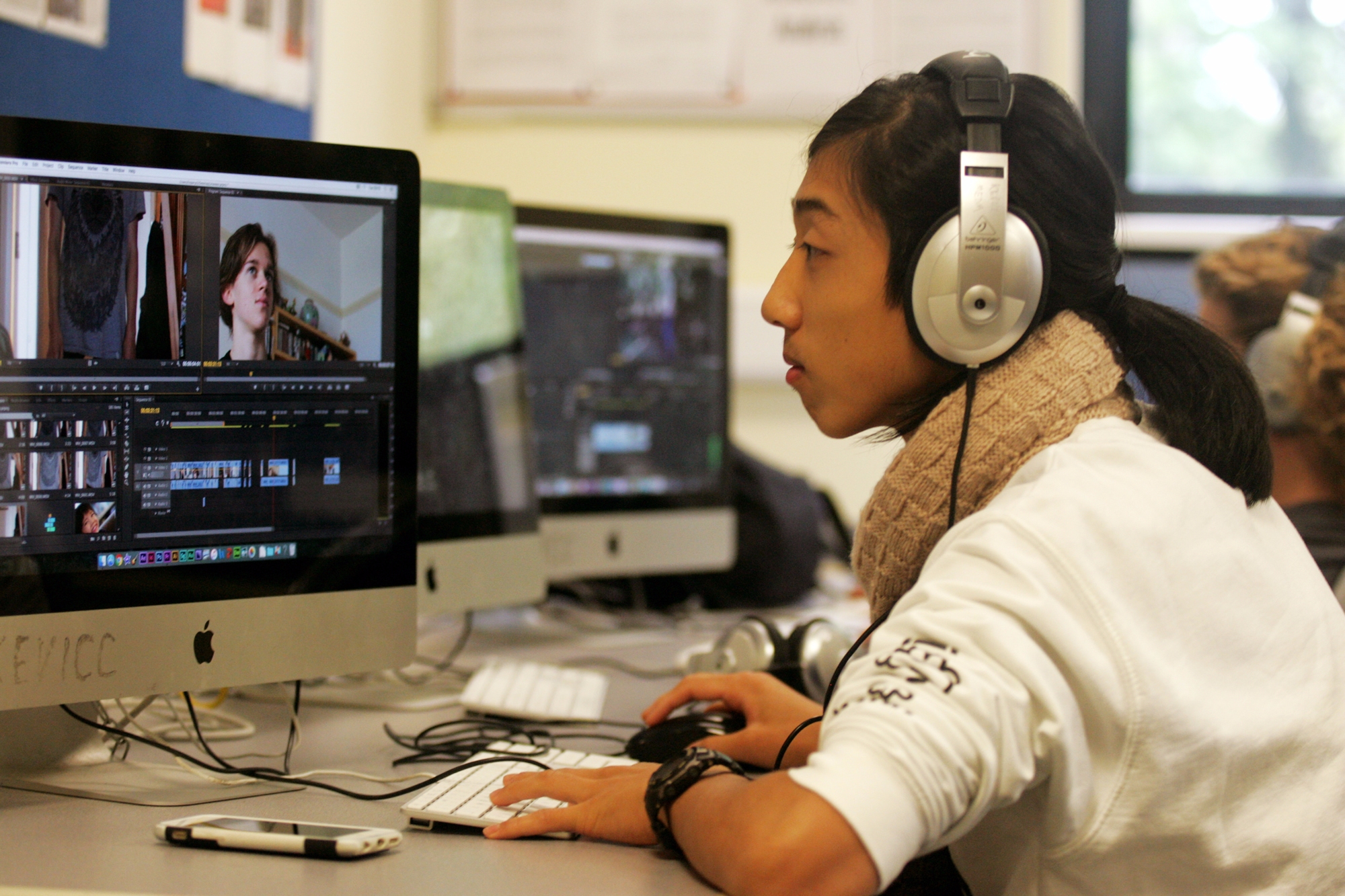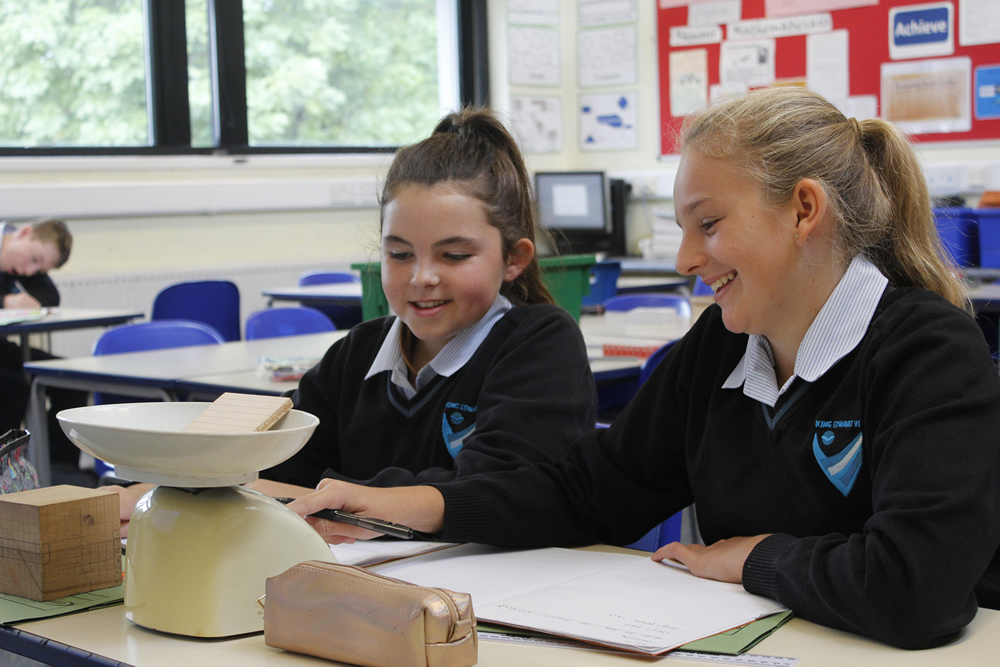Key Stage 4
Modern Foreign Languages - Optional Courses
GCSE French - Exam Board AQA
Assessment Structure
100% Examination.
Consisting of:
- 25% Reading
- 25% Writing
- 25% Listening
- 25% Speaking
Topics Studied
Topics include identity and culture, relationships, technology, global areas of interest, social issues, travel and tourism and current and future study and employment.
During the course you will use both textbooks and authentic texts. You will also watch and listen to films and music in target language and complete vocabulary work using ICT.
Why take this course?
Studying Modern Foreign Languages enables you to develop a huge range of skills. Good linguists are good communicators, with a strong grammatical knowledge and the ability to work both independently and cooperatively, with their classmates.
If you learn a language, you will be able to converse with people from other countries, watch films, read texts and understand music which otherwise would be inaccessible for you. At KS4, students will have the opportunity to work with foreign language assistants and participate in trips abroad. You will learn to understand not only the language but the culture of the country whose language you are studying.
Where could it lead?
Post 16
AS and A2 French is offered at Kennicott. Our students attain excellent results. They benefit from teaching by native speakers as well as weekly individual speaking sessions with Foreign Language Assistants.
Post 18
There are a wide variety of Higher Education Courses in French, including at Russell Group Universities. Studying a language at a higher level opens the opportunity to study or work abroad. Students who study MFL at University can spend their third year in a foreign country. Programmes such as ERASMUS mean you can study abroad at very little cost, and jobs during a gap year abroad include being a languages assistant, a holiday rep or working in an office.
Career
Employers recognise that languages are a useful skill and will value this qualification even if the career does not directly link to languages. Careers that directly link to MFL include being a translator, interpreter, teacher, civil servant or working in the tourist industry or in a foreign bank/company.
Contact
Mrs. D Burman - Faculty Leader of Modern Foreign Languages
GCSE Spanish - Exam Board AQA
Assessment Structure
100% Examination.
Consisting of:
- 25% Reading
- 25% Writing
- 25% Listening
- 25% Speaking
Topics Studied
Topics include identity and culture, relationships, technology, global areas of interest, social issues, travel and tourism and current and future study and employment.
During the course you will use both textbooks and authentic texts. You will also watch and listen to films and music in target language and complete vocabulary work using ICT.
Why take this course?
Studying Modern Foreign Languages enables you to develop a huge range of skills. Good linguists are good communicators, with a strong grammatical knowledge and the ability to work both independently and cooperatively, with their classmates.
If you learn a language, you will be able to converse with people from other countries, watch films, read texts and understand music which otherwise would be inaccessible for you. At KS4, students will have the opportunity to work with foreign language assistants and participate in trips abroad. You will learn to understand not only the language but the culture of the country whose language you are studying.
Students should only take this option if they have studied Spanish at Key Stage 3.
Where could it lead?
Post 16
AS and A2 Spanish is offered at Kennicott. Our students attain excellent results. They benefit from teaching by native speakers as well as weekly individual speaking sessions with Foreign Language Assistants.
Post 18
There are a wide variety of Higher Education Courses in Spanish, including at Russell Group Universities. Studying a language at a higher level opens the opportunity to study or work abroad. Students who study MFL at University can spend their third year in a foreign country. Programmes such as ERASMUS mean you can study abroad at very little cost, and jobs during a gap year abroad include being a languages assistant, a holiday rep or working in an office.
Career
Employers recognise that languages are a useful skill and will value this qualification even if the career does not directly link to languages. Careers that directly link to MFL include being a translator, interpreter, teacher, civil servant or working in the tourist industry or in a foreign bank/company.
Contact
Mrs. D Burman - Faculty Leader of Modern Foreign Languages





